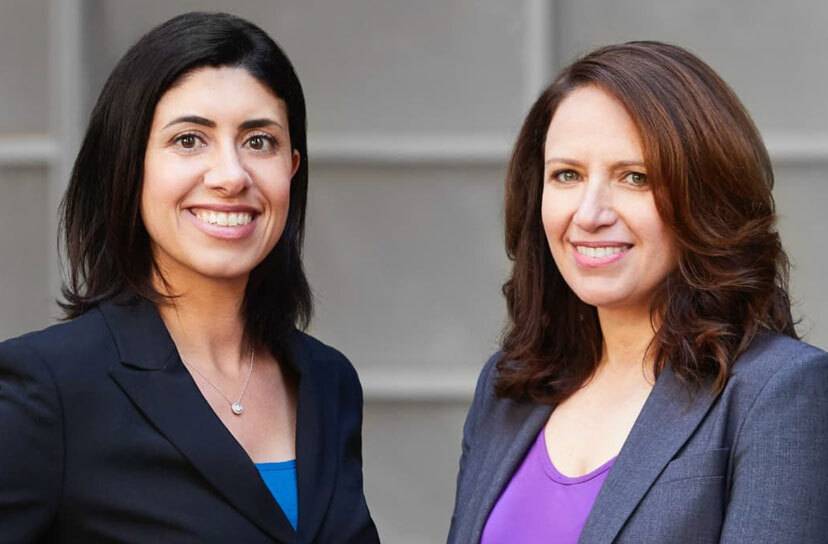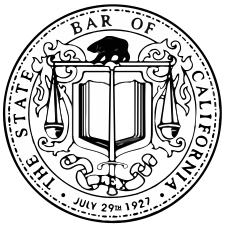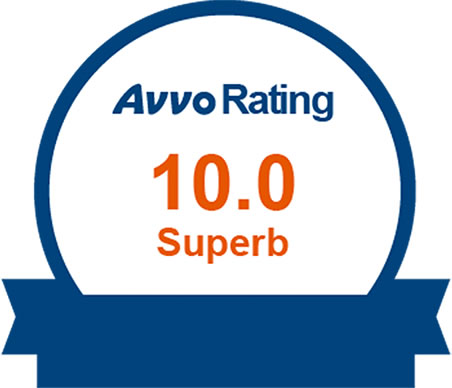Domestic violence and restraining orders can complicate California divorce proceedings, affecting everything in your San Francisco domestic violence case from spousal support to child custody and property division. If you’ve been accused of abuse or you’ve experienced abuse at the hands of a domestic partner, that will affect the process and outcome of your divorce. At Moradi Saslaw, our experienced and knowledgeable domestic violence attorneys can help you navigate this difficult time.
The burden of proof for demonstrating domestic violence is much lower in divorce cases compared to criminal cases. So a family court judge could base their decision on a domestic partner’s abusive behavior even if they were never convicted of a crime for their actions.
Restraining orders past and current can be brought as evidence of domestic violence and can ultimately affect whether you get spousal support, child custody, or equal division of assets.
If either spouse has an active restraining order against the other, the terms of that protective order can affect your divorce proceedings. For example:
Any contact, stalking, or threatening behavior can violate the restraining order and result in arrest, whether the contact is in person or through email, social media, calls, or texts. Indirect contact through family members or other third parties is also prohibited.
Under California law, a divorce automatically comes with certain “Standard Family Law Restraining Orders” as detailed in your Summons filing (California Form FL-110). Under the standard restraining orders in all California divorces, neither spouse may do the following without a court order or the other spouse’s consent:
These automatic restrictions apply to both spouses even without a restraining order already in place. Violating these rules could result in serious consequences for you in your divorce.
Spousal support and alimony payments help both spouses continue their quality of life after divorce. However, California courts try to avoid making victims of domestic abuse pay alimony or spousal support to an abusive spouse, no matter their financial situation. In the last 5 years:
A rebuttable presumption gives the party convicted of abuse’s domestic violence lawyer the chance to argue why they should receive spousal support despite their domestic violence record. They can present:
Still, the law’s bias against giving alimony to a convicted abuser is strong. Depending on the facts of the domestic violence conviction, the presumption can be difficult to overcome. This rule applies to both temporary and permanent spousal support.
When California family courts decide child custody, a record of abuse goes against a child’s best interests, which means domestic violence issues will affect child custody both during and after a divorce.
Similar to spousal support, a domestic violence conviction creates a presumption that the abusive parent or caretaker should not have sole or joint physical custody of the couple’s children.
To overcome this presumption, a spouse convicted of domestic violence who claims that it’s in the child’s best interest to have them in their lives must demonstrate that they’ve:
If the court isn’t convinced that more abuse won’t occur in the future, the convicted party may lose custody of their children completely or get limited, supervised visitation only.
Generally, “fault” won’t play a role in how property is divided in a California divorce. You would normally keep all your separate property and split the community property assets in half.
However, domestic violence can change that equation. A California court may order a domestic abuser to forfeit their share of the community property or give it to the other spouse if:
Our San Francisco Domestic Violence Attorneys are dedicated to providing specialized legal support for those affected by domestic violence. Whether you are seeking protection or defending against allegations, our attorneys offer carefully considered legal options to protect your rights:
We assist individuals in securing restraining orders to ensure their safety and the safety of their loved ones
We advocate for custody arrangements that prioritize the safety and well-being of your children.
We provide strong legal defense for those falsely accused of domestic violence, ensuring your rights are protected.
We guide you through the complexities of divorce or separation, particularly where domestic violence is a factor, ensuring fair outcomes in terms of property division and spousal support.
We offer immediate legal assistance in urgent situations to provide prompt protection and support.
We are a full-service family law firm with experience litigating and negotiating complex divorces and domestic partnership dissolutions in California since 2009.

Whether it’s a simple asset division, a basic custody agreement, or more intricate matters like dividing stock options, limited partnership interests, or a contested custody dispute, we develop creative strategies to meet every goal. Our premier divorce lawyers have a strong record of courtroom success and negotiated settlements.








"*" indicates required fields

We are a full-service family law firm with experience litigating and negotiating complex divorces and domestic partnership dissolutions in California.
"*" indicates required fields
If your divorce includes allegations of domestic violence or abuse and you need domestic violence lawyers in the San Francisco Bay Area, call us at (415) 625-4587 or fill out our contact form to schedule a consultation.